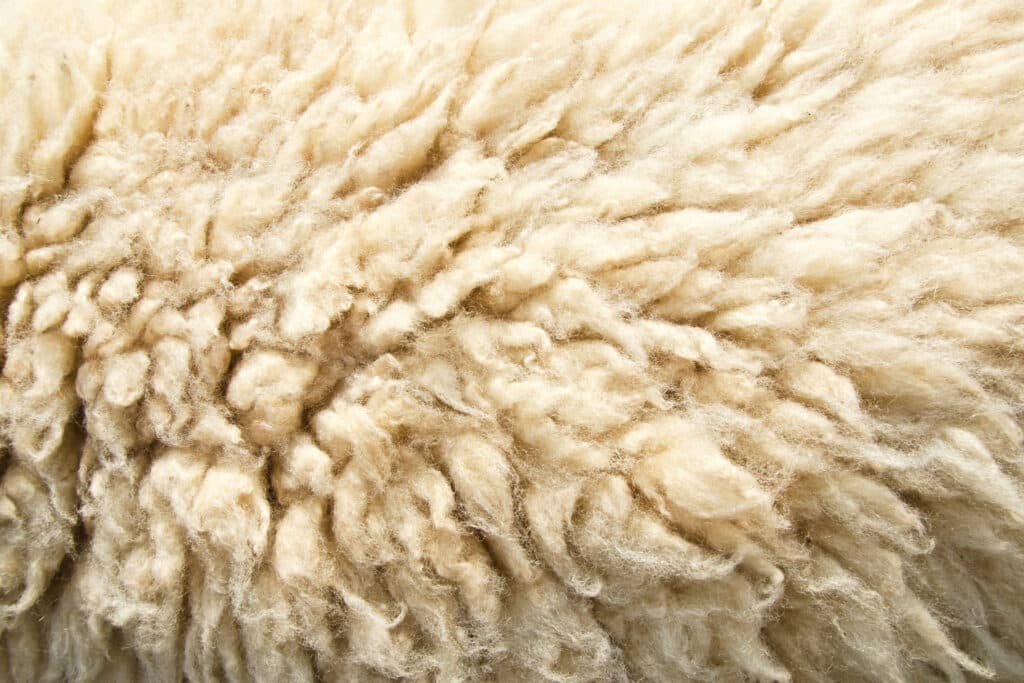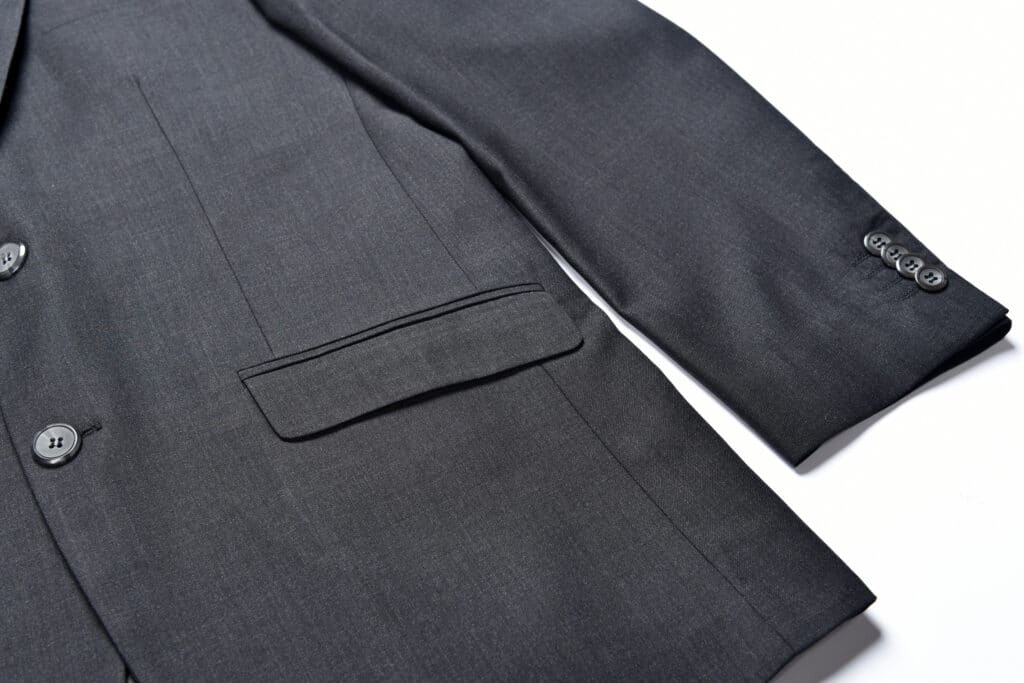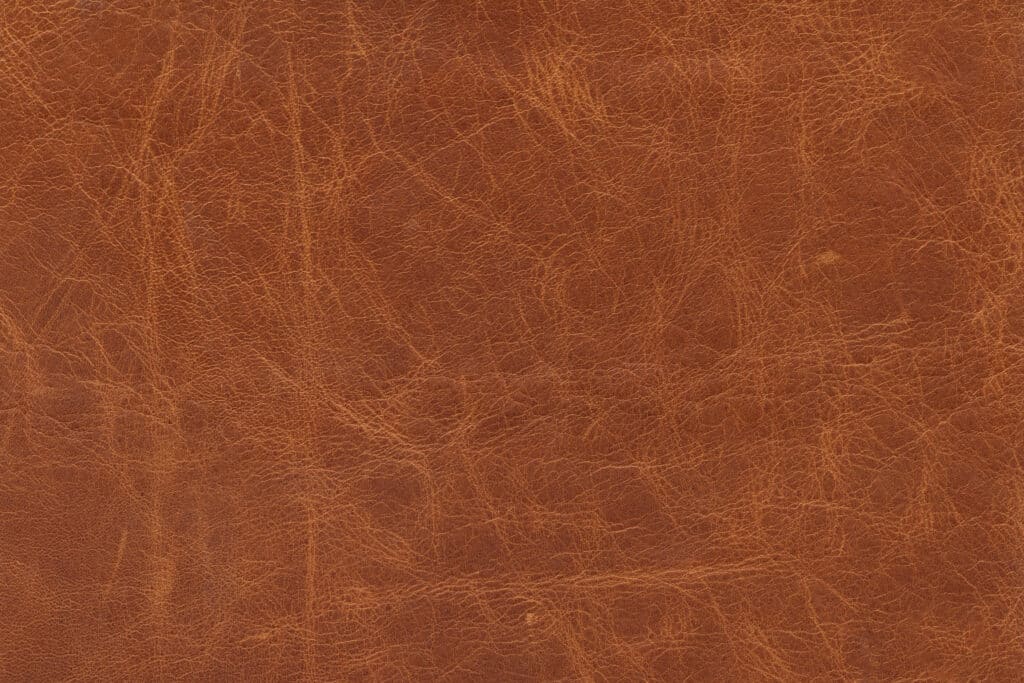Dry Cleaning for the Busy Professional: How to Save Time on Laundry
As a busy professional, the never-ending cycle of laundry can become overwhelming, especially when juggling work, family, and everything in between. While this time-consuming chore tends to eat into precious free moments, it’s understandable that most of us try to find tips and tricks to get it done faster and more efficiently. However, with careful organization and some smart strategies, you can streamline your laundry routine and get your life back on track, spending time where it matters most. From the experts at Burke Cleaners, here’s how a busy professional can save time on laundry.
Useful Laundry Tips
The most reliable way to save time on laundry is to invest in the professional help of dry cleaning services. Not only will it save you time and money, but you will be able to guarantee that your clothes are cleaned to the highest professional standards. In addition to dry cleaning, consider the following tips to integrate into your routine:
- Sort Your Laundry in Advance
Now before you pass this off as just an additional, unnecessary step, you’ll be surprised to learn that sorting your laundry can save a significant amount of time in the long run. Create separate hampers for different types of laundry (whites, delicates, colors, etc.), or invest in other smart storage solutions, so that you can quickly grab the pre-organized load of laundry and waste no time getting it cleaned.
- Create a Laundry Schedule
Creating a laundry schedule will cut down on the stress of overwhelming pile-ups of clothes. Chores that keep getting pushed back cause more anxiety than if they’re completed in an orderly and efficient way, so dedicate specific days and times to carry out this critical task in order to save time and the emotional burden.
- Consider Quality over Quantity
As a busy professional, it is worth considering investing in quality over quantity in terms of types of clothing. Garments that are versatile, easily mixed and matched with other choices, reduce the need for frequent wardrobe changes and cut down on the size of your laundry pile. Quality clothing will last longer as well, which will save you money over time.
- Fold, Organize, and Store Immediately
Once your clothes have been cleaned, it’s smart to fold, organize, and store them immediately rather than letting them sit around. Not only will this help prevent wrinkles, but it will help keep laundry from piling up again, taking up space and causing unnecessary stress.
- Simplify Your Wardrobe
You can save time by simplifying your wardrobe - consider decluttering the extra clothes that you don’t wear anymore in order to make it easier to manage, find the garments you’re looking for, and cut down on stress.
What is dry cleaning?
Dry cleaning is a professional cleaning process whereby clothes are cleaned in commercial machinery with special solvents rather than water. Your clothes will first be inspected and treated for any stains and spots. Then the dry cleaners will insert your garments into their dry cleaning machines where they are exposed to a cleaning solvent through a tumbling action not unlike your washing machine at home. The solvent works by lifting stains and dirt away from the fabric, and it is recycled through the machine several times throughout the process - at this stage, grease stains are removed. Finally, the garments undergo post-spot treatment to remove any water-based stains that remain, and then the dry cleaner will steam, iron, or press your items so they are in perfect condition and ready to be used.
The Time-Saving Power of Dry Cleaning
Hands down, the best way for busy professionals to save time is to invest in dry cleaning services. First and foremost, many people are unaware that practically all types of clothing can be dry cleaned, not just fine garments. Indeed, many people offload all of their laundry needs to a dry cleaner to streamline their laundry schedule, including leather, suedes, and fur, which can be specially cleaned by professionals like Burke Cleaning.
Dry cleaning is, in fact, a way to save both time and money. Among the many other myths about dry cleaning, you may be surprised to learn that the slightly higher cost of dry cleaning is easily offset by the reduced need for at-home detergent and the prolonged lifespan of clothing, making it a reliable and cost-friendly way to manage your laundry. Furthermore, because dry cleaners such as Burke Cleaners are full-service experts, you can trust the entire cleaning process, including repair and alterations, to be taken care of efficiently in-house.
Whether it is professional or casual clothing, dry cleaning will provide the best possible clean so that whites will certainly be their whitest, colors will be their brightest, and all clothes will have the best chance for the longest possible lifespan. But perhaps the biggest time-saving ability of dry cleaning comes in the extra services provided by Burke Cleaners, such as our pick-up and delivery services, along with our 24/7 express kiosks. On one hand, you can pre-schedule pick-up and delivery days in order to match your schedule perfectly - this makes it so that laundry is no longer a factor in your busy schedule, completely cleaned and prepared with minimal time required on your end. On the other hand, the 24/7 express kiosks enable you to get last-minute cleaning done, whenever you need. If garments are dropped off before 9 am, you can even expect them to be cleaned and returned to you that very same day!
The time-saving benefits of dry cleaning are unmatched, making it truly the best way for busy professionals to save time on laundry.
Northern Colorado Dry Cleaning Experts
Burke Cleaners is fully dedicated to making the task of laundry and dry cleaning truly simple. After serving Northern Colorado for over 25 years, we know a thing or two about our local busy professionals, especially what they need most in their busy lives. Saving time is key, and we are proud to make sure you can get back to things that matter most rather than the inconvenience of laundry. Contact our team today to get started or to learn more about why our customers love working with us!



